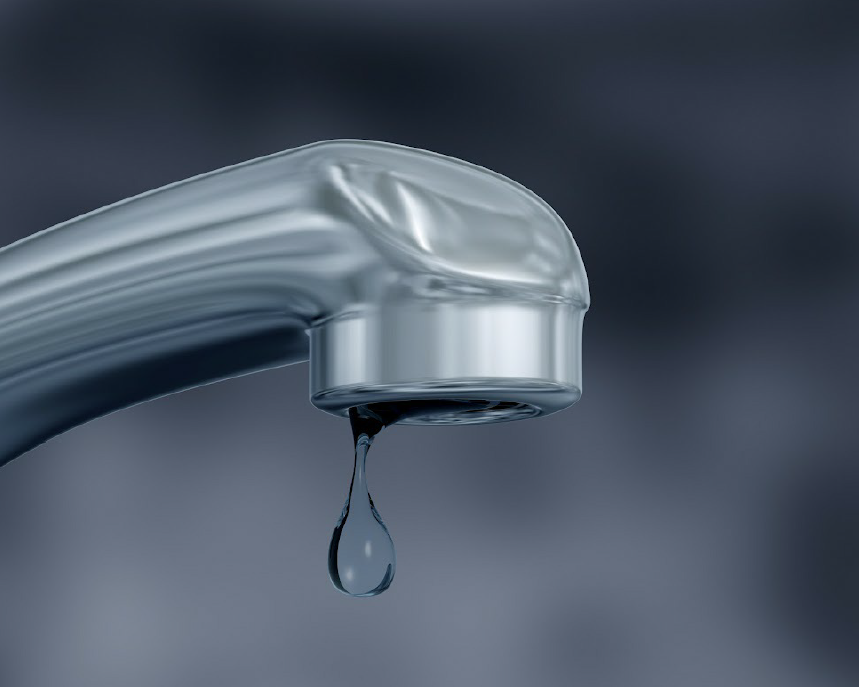Overview To Water Leak Detection In The House
Overview To Water Leak Detection In The House
Blog Article
They are making several good pointers on the subject of Locating water leaks as a whole in this great article below.

Early discovery of dripping water lines can alleviate a potential catastrophe. Some tiny water leakages might not be visible.
1. Take A Look At the Water Meter
Every residence has a water meter. Examining it is a proven way that aids you find leaks. For beginners, switch off all the water sources. Ensure nobody will certainly flush, utilize the tap, shower, run the washing maker or dishwasher. From there, go to the meter and also watch if it will certainly change. Considering that no one is using it, there should be no motions. That suggests a fast-moving leakage if it relocates. Also, if you identify no changes, wait an hour or two as well as examine back again. This means you might have a sluggish leakage that can also be below ground.
2. Check Water Consumption
Evaluate your water expenses as well as track your water intake. As the one paying it, you need to see if there are any discrepancies. If you spot sudden changes, despite your intake being the same, it means that you have leaks in your plumbing system. Keep in mind, your water expense ought to fall under the exact same variety each month. An unexpected spike in your expense suggests a fast-moving leak.
Meanwhile, a constant rise on a monthly basis, despite having the exact same habits, reveals you have a slow leak that's additionally slowly escalating. Call a plumber to completely check your home, particularly if you really feel a cozy area on your flooring with piping below.
3. Do a Food Coloring Examination
30% comes from commodes when it comes to water usage. Test to see if they are running effectively. Decrease specks of food shade in the tank and also wait 10 minutes. There's a leakage between the tank as well as bowl if the shade somehow infiltrates your dish during that time without flushing.
4. Asses Exterior Lines
Do not forget to examine your outdoor water lines also. Test faucets by connecting a garden pipe. Should water leak out of the connection, you have a loose rubber gasket. Change this and make certain all connections are limited. It will certainly assist obtain it professionally took a look at and also maintained every year if you have actually got a lawn sprinkler system. One little leak can squander lots of water and also spike your water expense.
5. Analyze the circumstance as well as evaluate
Homeowners ought to make it a routine to examine under the sink counters and also even inside cabinets for any bad odor or mold growth. These two red flags suggest a leakage so timely focus is called for. Doing regular inspections, even bi-annually, can save you from a major problem.
Examine for discolorations and also deteriorating as many devices as well as pipes have a life expectancy. If you believe dripping water lines in your plumbing system, don't wait for it to escalate.
Early discovery of leaking water lines can mitigate a potential catastrophe. Some tiny water leakages might not be visible. Checking it is a proven method that helps you uncover leaks. One tiny leakage can squander tons of water and also surge your water bill.
If you believe dripping water lines in your plumbing system, do not wait for it to escalate.
WARNING SIGNS OF WATER LEAKAGE BEHIND THE WALL
PERSISTENT MUSTY ODORS
As water slowly drips from a leaky pipe inside the wall, flooring and sheetrock stay damp and develop an odor similar to wet cardboard. It generates a musty smell that can help you find hidden leaks.
MOLD IN UNUSUAL AREAS
Mold usually grows in wet areas like kitchens, baths and laundry rooms. If you spot the stuff on walls or baseboards in other rooms of the house, it’s a good indicator of undetected water leaks.
STAINS THAT GROW
When mold thrives around a leaky pipe, it sometimes takes hold on the inside surface of the affected wall. A growing stain on otherwise clean sheetrock is often your sign of a hidden plumbing problem.
PEELING OR BUBBLING WALLPAPER / PAINT
This clue is easy to miss in rooms that don’t get much use. When you see wallpaper separating along seams or paint bubbling or flaking off the wall, blame sheetrock that stays wet because of an undetected leak.
BUCKLED CEILINGS AND STAINED FLOORS
If ceilings or floors in bathrooms, kitchens or laundry areas develop structural problems, don’t rule out constant damp inside the walls. Wet sheetrock can affect adjacent framing, flooring and ceilings.
https://www.servicemasterbyzaba.com/blog/how-to-detect-water-leakage-in-walls/

We were brought to that report about Leaking water lines from an acquaintance on a different blog. Those who enjoyed reading our blog posting kindly be sure to pass it around. We love reading our article about Finding hidden leaks.
Report this page